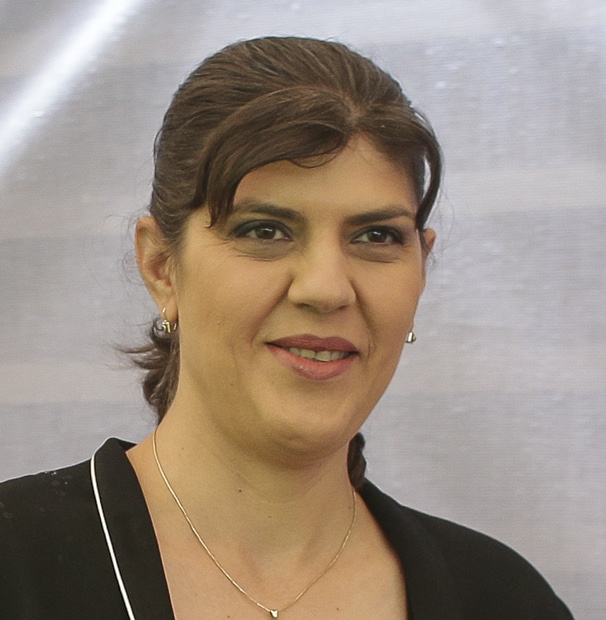The Parliament reaffirmed that Laura Codruţa Kövesi remains its top candidate to become the first head of the new EU Public Prosecutor’s Office.
Following to President Antonio Tajani’s announcement yesterday in plenary supporting Kövesi’s candidacy and after three rounds of negotiations with the Council, the Parliament’s negotiating team reiterated its continued support to Laura Codruţa Kövesi, a former Romanian anti-corruption watchdog whose candidacy is opposed by the Romanian government. The team also called on the Council to reconsider its position. European Public Prosecutor’s Office (EPPO) Chief Prosecutor has to be selected by joint accord between the Parliament and the EU Council.
“After the third negotiation meeting with the Council delegation, we deeply regret the current deadlock situation, which prevents the two institutions from appointing the European Chief Prosecutor”, said Claude Moraes (S&D, UK), Chair of the Civil Liberties Committee. “The European Chief Prosecutor will play a key role in the implementation of the EPPO, an office that will be instrumental in combatting crimes against EU budget”, he concluded.
“The obstruction Ms Kövesi is currently facing from the Romanian authorities highlights her courage and her independence, which both are crucial requirements for the efficient functioning of the EPPO. The harassment of the Romanian government has resulted in completely discrediting the Council’s candidate as well,” said Civil Liberties Committee Vice Chair Judith Sargentini (Greens/EFA, NL).
“Unlike the Council, the Parliament has held hearings of all three shortlisted candidates. Ms Kövesi is by far the strongest and most promising candidate for the post. We cannot accept the fact that the Council cedes to the pressure of the Romanian government to support a much weaker candidate. Since the EPPO regulation has been watered down during negotiations, it is crucial for the Parliament to select a candidate who would make the institution strong and credible,” Ingeborg Gräßle (EPP, DE), head of the Parliament’s Budgetary Control Committee, told after the third round of negotiations on Thursday. “She is a woman, and the Parliament has just recently called on the Council to respect the principle of gender balance. Moreover, Romania currently does not hold a single EU key post,” she added.
Following a pre-selection by a board of experts, EU legislators now have to pick from Kövesi and Jean-François Bohnert from France. The parliament’s negotiating team consists of Claude Moraes, Ingeborg Gräßle and Judith Sargentini.
The EPPO which, is expected to be operational at the end of 2020, will be an independent office in charge of investigating, prosecuting and bringing to justice crimes against the EU budget; such as fraud, corruption or cross-border VAT fraud above 10 million euros.
So far, 22 member states have joined the EPPO. The five countries that currently do not participate – Sweden, Hungary, Poland, Ireland and Denmark – could join at any time.
The EPPO central office will be based in Luxembourg, along with the Chief Prosecutor and a College of Prosecutors from all participating countries. They will be head the day-to-day criminal investigations carried out by the delegated prosecutors in all participating member states.

